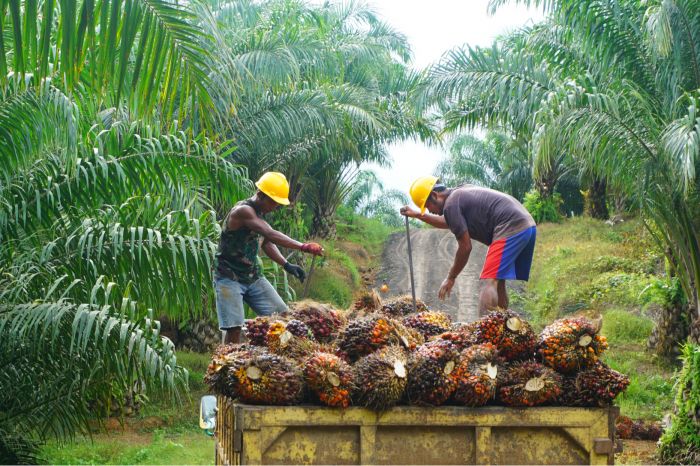Indonesia is the world’s largest producer of palm oil. It halted palm oil exports at the end of April to reduce soaring local prices for cooking oil. Global edible oil prices responded to the move by increasing their price.
Palm oil, which is used in most types of food and a large number of cosmetics, accounts for a third of the world vegetable oil market, with Indonesia accounting for around 60% of the supply.
Read also: The World Bank will try to help with solving the food crisis
It is also the most debated type of oil in terms of ecology. Organizations around the world are trying to ban or at least restrict the extraction of this raw material because as fast as consumption is growing, new places must be found to grow the palms from which the oil is extracted. This is usually at the expense of clearing native forests and rainforests.
Indonesia wants to secure its own market first and foremost
Indonesia primarily wants to avoid shortages and price increases in its own market. It will thus introduce a so-called Domestic Market Obligation (DMO) policy. This will be more or less a form of regulation that will force producers to sell part of their production on the domestic market at a given price level.
So there will not be a ban on exports, but the DMO will restrict exports from the country. So we can still expect to see upward pressure on the price of this oil in the world. This will exacerbate the food problems and the rising food prices.
The export ban has caused problems for farmers
The export ban has caused a glut of palm oil in the country’s warehouses. Long queues have formed at oil mills and some mills have stopped taking new orders altogether. At one point, palm fruit prices fell by up to 70% as a result of lower offtake.












Comments
Post has no comment yet.